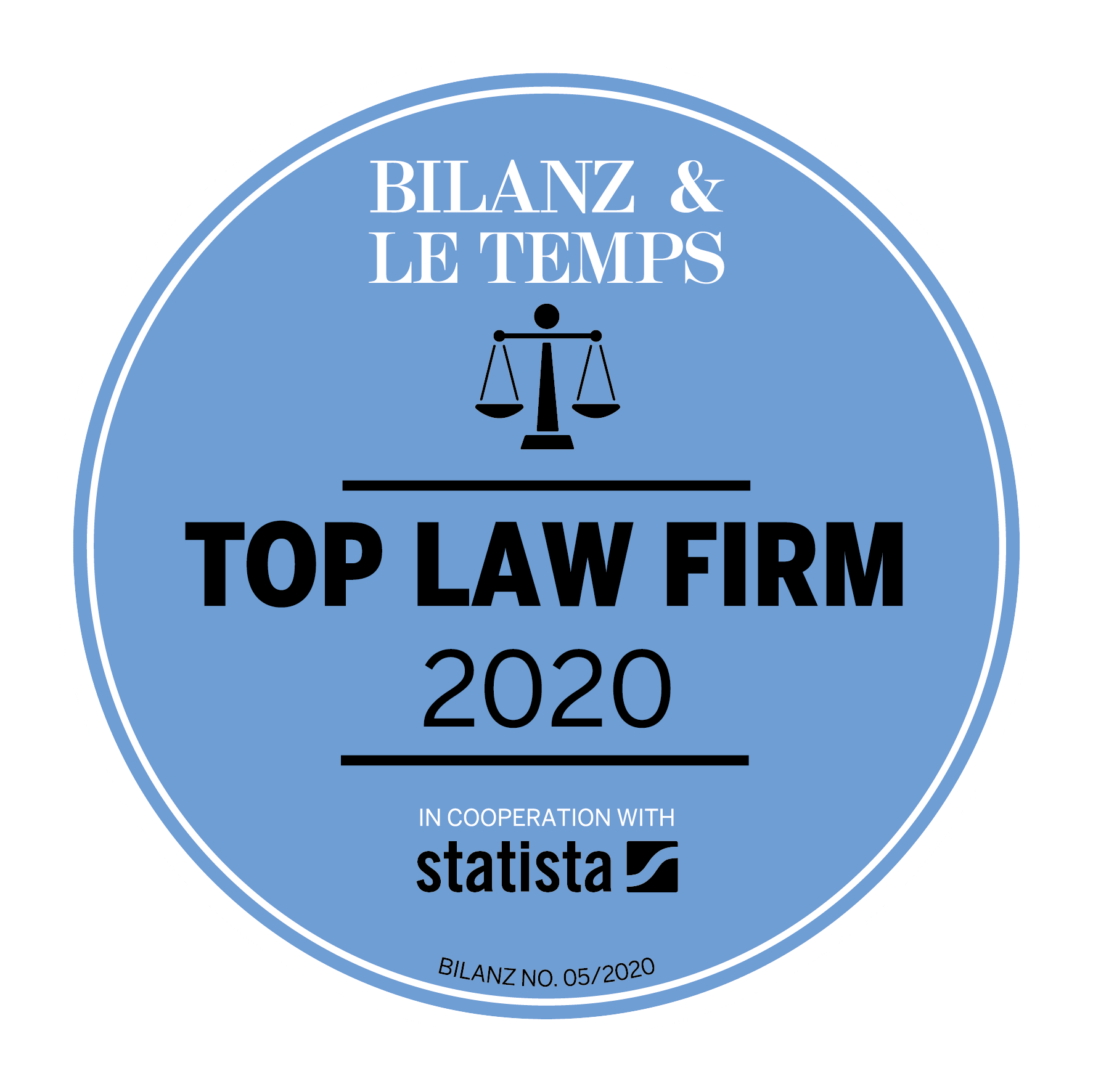- Shares are in general taxed at grant.
- Shares with a blocking period benefit from a 6% discount per blocked year on the fair market value.
- The valuation for not listed shares has to be determined according to a suitable and recognized method for the respective employer. Once the calculation method has been chosen, it must be retained for the corresponding employee benefit plan.
- Only listed options are in general taxed at grant. All other options are taxed at exercise.
- Special rules apply in case a blocking period is not respected and for importing or exporting employee contingent rights.
- Only assessable employee benefits (not contingent rights) are subject to wealth tax.
Further to the Circular Letter No 37 the new Circular Letter No 37A now sets a few parameters on the tax treatment on the level of the employing corporation. It is based on two key principles of the Swiss tax law: (1) Tax follows accounting, i.e. the determination of the taxable profits is based on the income statement in accordance with commercial law, as far as the tax law does not provide special provisions, and unrecognized expenses under commercial law cannot be claimed under tax law. (2) Intra-group charges and recharges must be at arm’s length. Thus, costs in connection with the participation program (e.g. issuance of share costs, legal and administration fees) are in principle tax deductible, as long as they are properly accounted for and if they are at arm’s length.
Additionally, and this is a significant clarification for stock option plans, the employer can account for a provision for the obligation to employees during the vesting period. The provision must reflect the respective market value of the entitlements at the end of the financial year and has to be recalculated annually and adjusted accordingly. This practice guidance practically aligns Swiss tax law with international accounting standards like IFRS and US GAAP.
Our tax advisors will be happy to assist you with any questions you might have regarding Employee Benefit (Stock or Option) Plans from a legal or tax perspective.
